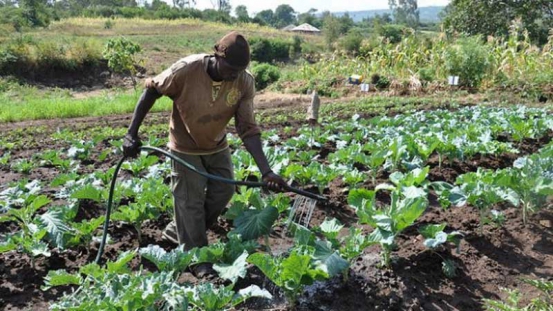×
The Standard e-Paper
Join Thousands Daily

The bold plan by the Jubilee Party to expand food and agricultural production by doubling the fertilizer subsidy initiative and reducing the cost to farmers to less than Sh1,500 is commendable.
To start with, Kenya is the leading exporter of agricultural and various manufactured goods in the region. However, despite the huge growth of agriculture, the Kenyan market continues to experience a lot of hardships in creating more room for higher, cheaper production.